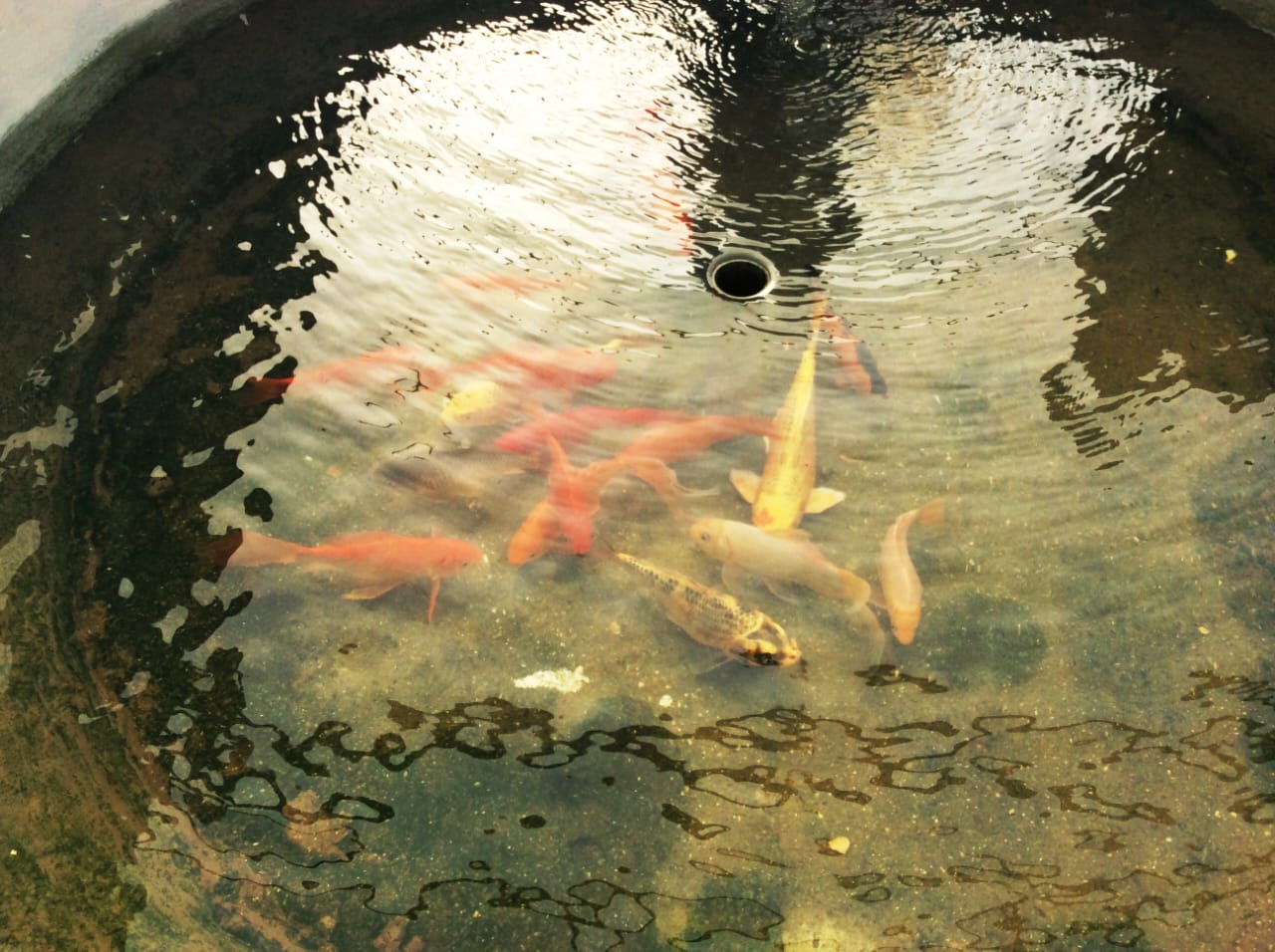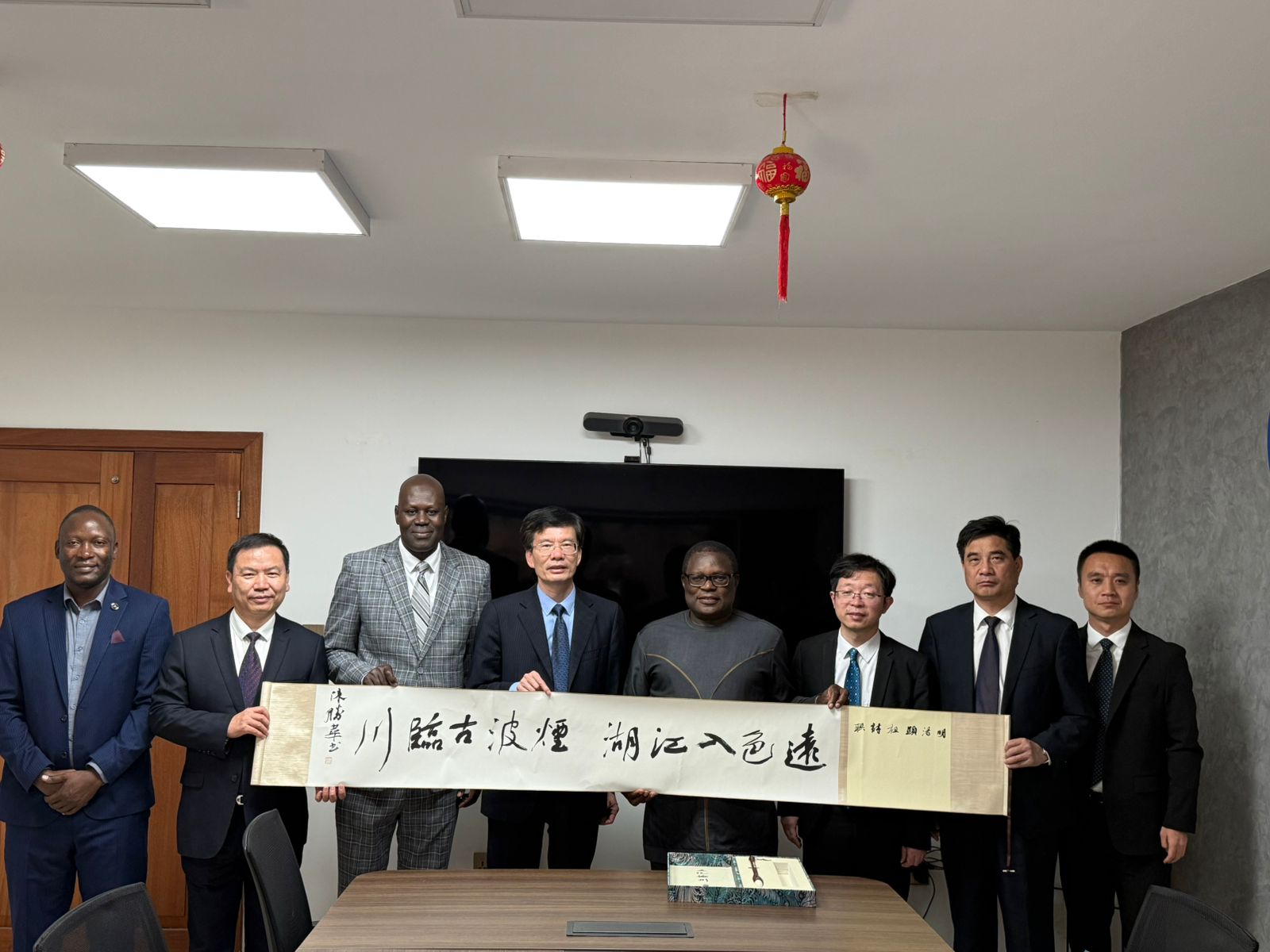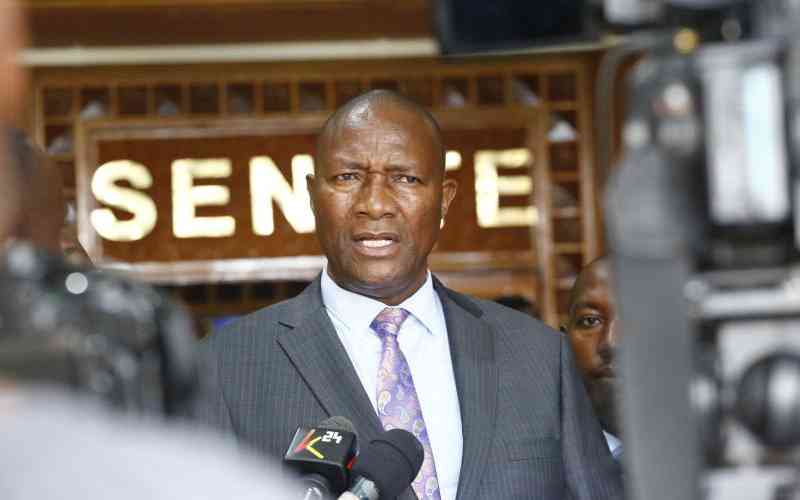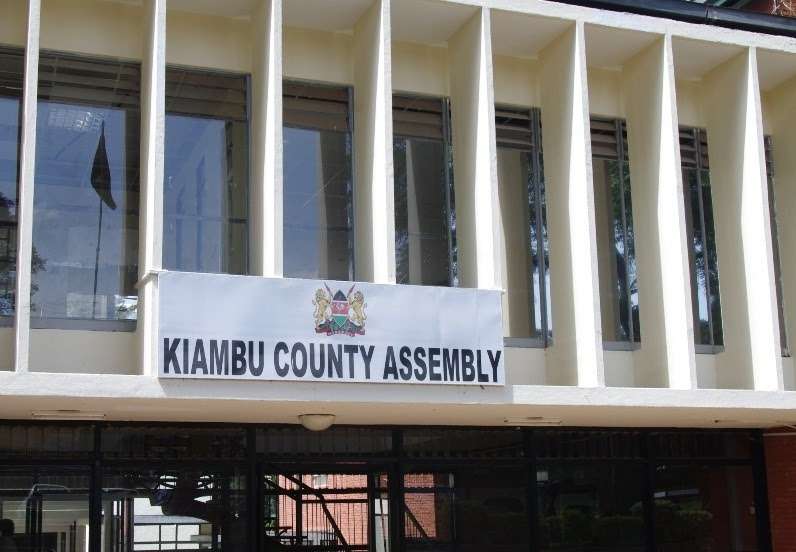In Kakamega County, the committee visited the Butali Chegulo Aquaculture Self-Help Group at Martha Lumbasi’s homestead. The group, consisting of 32 active fish farmers out of a total of 43 members, has received support from the ABDP, including predator and bird nets, PVC liners, fingerlings, fish feed, and extension services
By Wakhungu Andanje
As the first phase of the Aquaculture Business Development Programme (ABDP) nears completion, fish farmers in western Kenya have been encouraged to join this lucrative industry. The programme, which has so far benefitted 15 counties, is backed by a Ksh14 billion investment and targets various groups to improve nutrition and promote sustainable livelihoods.
During a recent visit to the western region, the ABDP steering committee toured Busia, Vihiga, Kisumu, Homa Bay, Siaya, Migori, Kisii, and Kakamega counties. They reported that Ksh300 million had been disbursed to support fish farmers in Kakamega County, helping them enhance fish farming and production. The ABDP which is set to conclude in a year and a half, aims to encourage widespread adoption of aquaculture as a means of achieving food security in Kenya and across Africa.
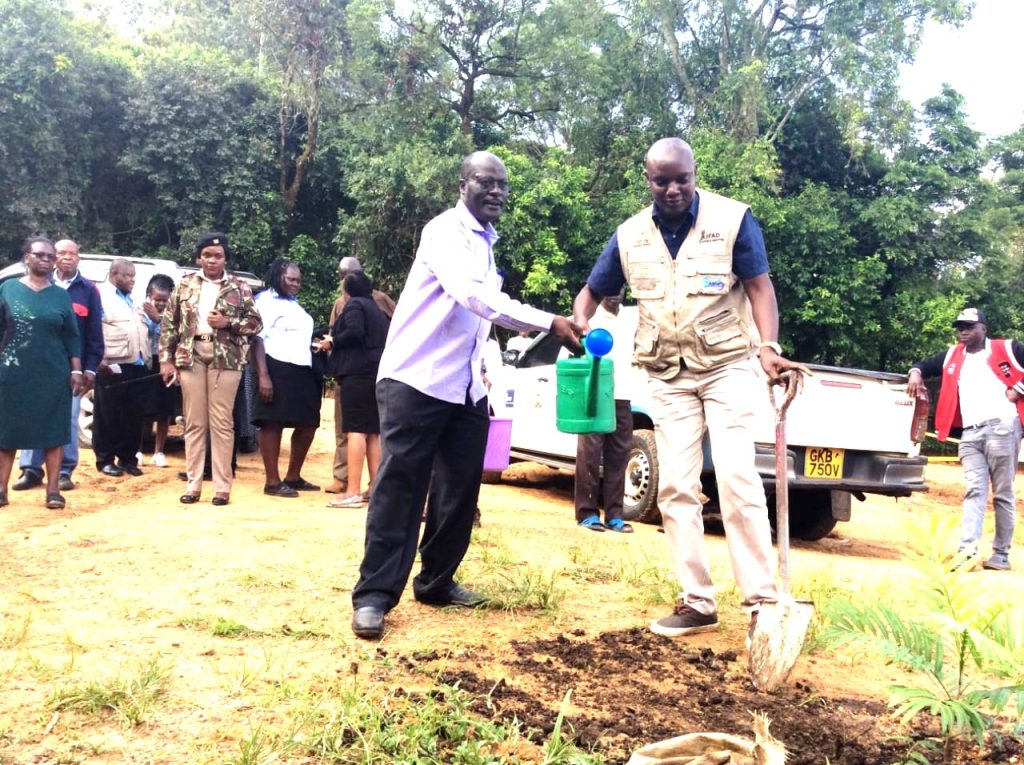
The programme is sponsored jointly by the International Fund for Agricultural Development (IFAD) and the Government of Kenya, the initiative seeks to empower communities through sustainable aquaculture, economic growth, and improved food security.
While in Kakamega County, the committee visited the Butali Chegulo Aquaculture Self-Help Group at Martha Lumbasi’s homestead. The group, comprising 32 active fish farmers out of 43 members, has received support from the ABDP, including predator and bird nets, PVC liners, fingerlings, fish feeds, and extension services.
The committee, which champions the “Fish for Health and Wealth” initiative, commended the group for diversifying into complementary farming activities such as poultry, vegetable cultivation, dairy farming, and tissue-culture banana production.
Later, the team visited the Labedcash Marine Integrated Farm in South Kabras Ward, owned by Laban Mwanzo. Mwanzo’s farm, with over 200 fish ponds, is renowned for producing high-quality fingerlings, fish for food, and black soldier flies for alternative feeds. The farm also serves as a learning hub for other farmers and students pursuing aquaculture studies.
ABDP steering committee member Mr Kundu encouraged more farmers to invest in additional fish ponds, citing Mwanzo’s farm as a model of successful aquaculture. “We’ve assessed fish pond conditions across counties, and while quality has been a concern elsewhere, the Labedcash Marine Farm has excelled. We urge county farmers to visit and learn from his methods to improve fish production,” said Kundu.
Mwanzo shared his experiences, highlighting the challenges and rewards of managing his extensive operation. “With 220 fish ponds, we can supply 10 million fingerlings at once to farmers across the country. We regularly harvest fish for local markets, the Kakamega Fish Factory, and individual buyers nationwide. We also host students on field attachments to promote aquaculture education. Plans are underway to produce our own fish feeds, as sustaining such a large farm from personal funds is challenging. We aim to supply these feeds to other farmers as well,” he said.
He praised the county government and the ABDP for their support, emphasizing the programme’s broader goals of reducing poverty, improving food security, and enhancing nutrition in rural communities. The ABDP steering committee indicated that the project could be expanded beyond the initial 15 counties if farmers demonstrate increased adoption of fish farming practices.
This transformative programme continues to inspire rural households to embrace aquaculture as a sustainable path toward better nutrition, higher incomes, and greater economic resilience.


